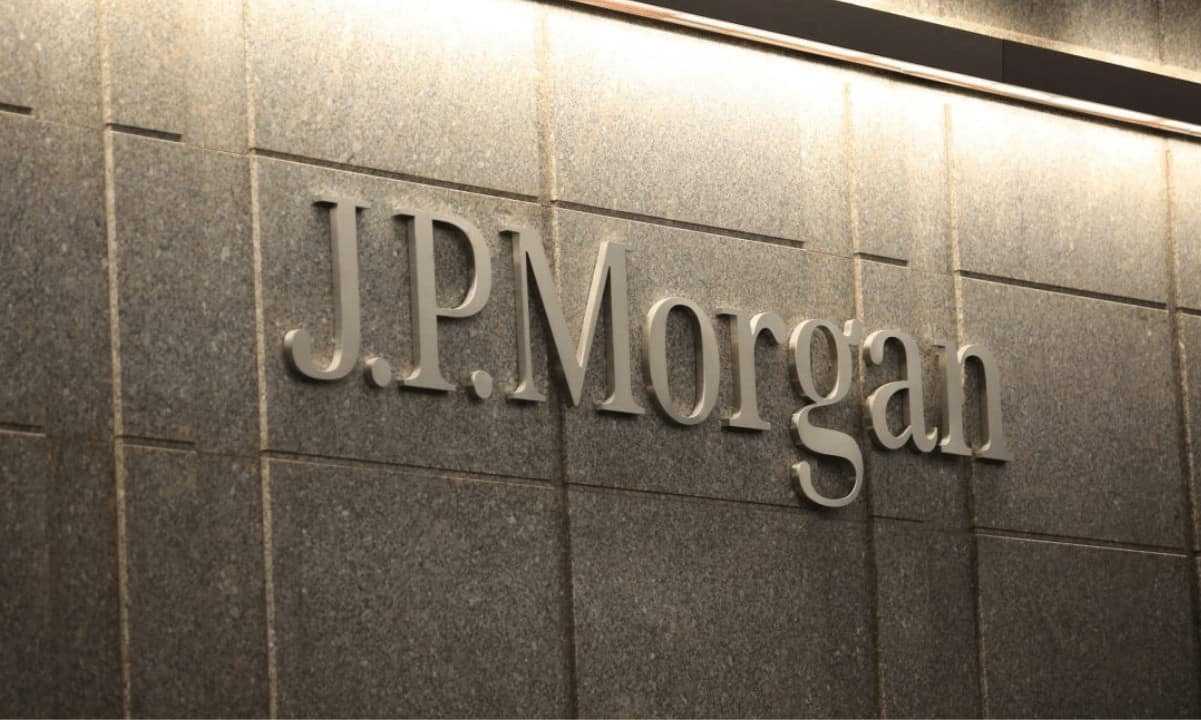
JPMorgan, one of the largest financial institutions in the world, has announced a groundbreaking achievement in the realm of blockchain technology. The bank successfully conducted its first-ever live blockchain-based collateral settlement transaction involving BlackRock and Barclays.
This historic transaction relied on JPMorgan’s Ethereum-based Onyx blockchain and the bank’s Tokenized Collateral Network (TCN). In this particular case, BlackRock tokenized shares from one of its money market funds and transferred them to Barclays as collateral for an over-the-counter (OTC) derivatives trade.
The tokenization of traditional financial assets represents a significant development for banks, and JPMorgan has been at the forefront of this initiative. Other major players, such as Citi, are also making strides in this space.
The TCN application played a crucial role in this transaction. It facilitated the conversion of shares from BlackRock’s money market fund into digital tokens, which were swiftly transferred to Barclays. The entire tokenization process took a matter of minutes, highlighting the efficiency and speed of blockchain technology.
This achievement marks an important milestone for all three entities involved. It represents the first instance of money market fund shares being utilized as collateral between bilateral derivatives counterparts. According to Tyrone Lobban, the head of Onyx Digital Assets at JPMorgan, Onyx Digital Assets enables clients to access intraday liquidity through repo transactions. With the launch of TCN, clients can now benefit from additional utility from their MMF investments by posting tokenized MMF shares as collateral. This approach is faster and more cost-effective, particularly in meeting margin requirements.
JPMorgan’s role in spearheading tokenization is evident. The bank already has a pipeline of other clients and transactions lined up for the TCN application. In fact, JPMorgan conducted an internal transaction to test TCN in May.
Proponents of blockchain technology argue that its use will simplify the process for financial institutions to utilize shares in money-market funds as collateral. Traditionally, financial institutions would need to redeem these shares for cash, which introduces inefficiencies in the system. By tokenizing these shares, the process becomes faster and potentially reduces risks during market volatility.
Tom McGrath, Deputy Global COO of the Cash Management Group at BlackRock, emphasized the operational benefits of tokenizing money market fund shares as collateral in clearing and margin transactions. This approach dramatically reduces operational friction when meeting margin calls during times of acute margin pressures.
Apart from TCN, JPMorgan also operates JPM Coin, a blockchain-based system that enables wholesale clients to conduct dollar and euro-denominated payments. Since its launch, the bank has processed approximately $300 billion through this system. JPMorgan is also exploring other blockchain applications, such as a blockchain-based repo application and a digital deposit token to expedite cross-border settlements.
Overall, JPMorgan’s successful live blockchain-based collateral settlement transaction represents a significant step forward in the adoption of blockchain technology in the financial industry. As more banks and financial institutions explore the benefits of tokenization, we can expect to see increased efficiency, faster transactions, and reduced risks in the future.






